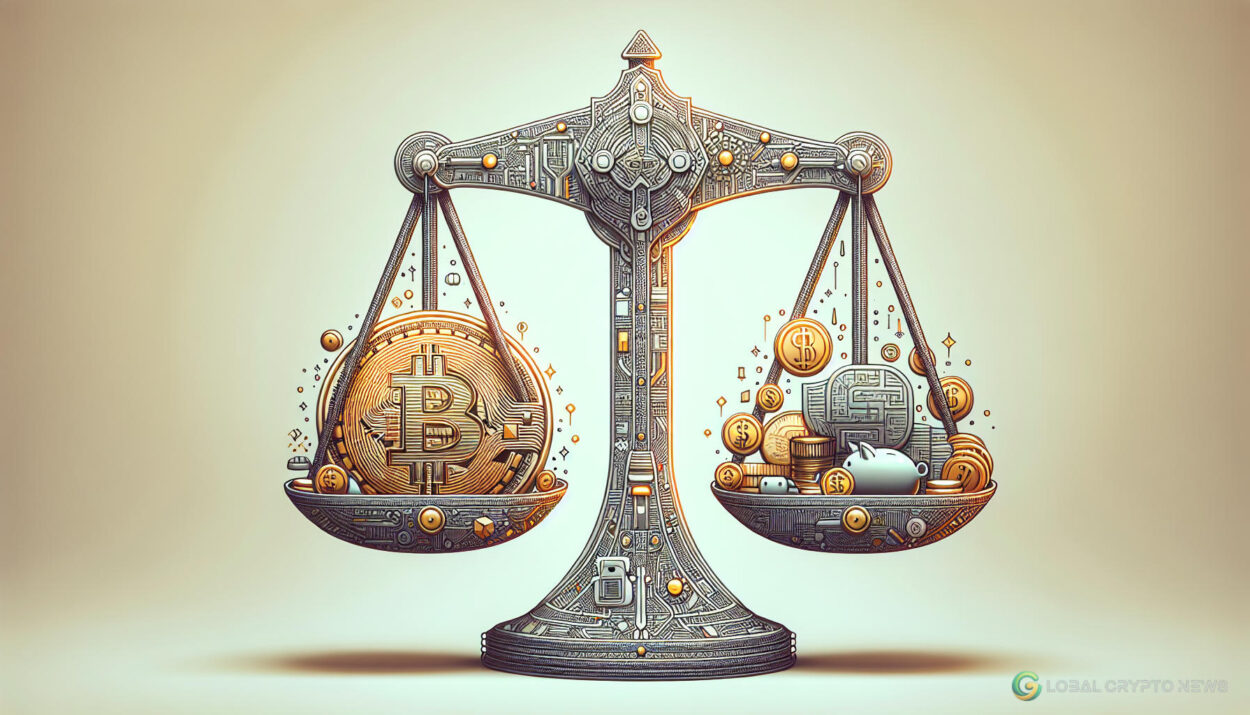Lawmakers, crypto industry leaders, and banking executives argue that the SEC’s policy on crypto custody and accounting negatively impacts U.S. investors and stifles innovation. However, President Joe Biden holds a different view.
Washington is preparing for a significant debate over a controversial SEC ruling. Recently, the House of Representatives voted to repeal Staff Accounting Bulletin (SAB) 121.
What is SAB 121?
SAB 121 requires public companies to account for and disclose the obligations and risks of safeguarding customers’ crypto assets. The policy is controversial because it complicates financial reporting and increases operational burdens. Implemented in 2022, these rules have faced strong criticism from the crypto industry and banks, who claim the measures have halted their ability to offer digital asset services.
Although the US Senate voted on May 16 to overturn these SEC guidelines, critics of SAB 121 face more hurdles. The Senate ruling still needs presidential approval. President Joe Biden has stated he is ready to veto the resolution to scrap SAB 121 entirely. A statement from the White House emphasized their support for SAB 121, noting:
“SAB 121 was issued in response to demonstrated technological, legal, and regulatory risks that have caused substantial losses to consumers … Limiting the SEC’s ability to maintain a comprehensive and effective financial regulatory framework for crypto-assets would introduce substantial financial instability and market uncertainty.”
SEC Faces Pushback
Some Democratic lawmakers have urged SEC Chair Gary Gensler to withdraw SAB 121 voluntarily, rather than waiting for Congress to act. Congressman Wiley Nickel, representing North Carolina’s 13th District, is confident that Joint Resolution 109 will pass the Senate. Nickel argues that repealing SAB 121 would better protect investors and ensure the U.S. remains competitive globally. He suggests that banks with a strong track record in fiat custody services could extend their offerings to crypto.
In a letter to Gensler, Nickel stated:
“The SEC’s open hostility toward the digital assets industry isn’t serving President Biden’s best interests. The SEC is turning cryptocurrency regulation into a political football and forcing President Biden to choose sides on an issue that matters to many Americans.”
Nickel warned that SAB 121 represents a “prohibitively expensive regulatory burden” and forces U.S. consumers to rely on “riskier offshore custody solutions.” He criticized the SEC’s approach to digital assets as “misguided” and raised concerns about how SAB 121 was enforced. Traditionally, staff accounting bulletins serve as guidelines on best practices, but he accused the SEC of breaching the rulemaking process by using one to enact new policies.
Tomorrow, the Senate will vote on the SAB-121 repeal. This may be a rare instance where the crypto and traditional finance (TradFi) industries agree.
‘Insanity’ — Consulting Firm Founder Blames SAB 121 for FTX Debacle
Austin Campbell, the founder of Zero Knowledge Consulting, described SAB 121 as “insanity” because it was “unilaterally adopted with no consultation” and “damages the rights of crypto holders in a bankruptcy.” Campbell stated:
“It’s entirely possible this rule is part of what caused FTX, as without it, there could have been regulated custodians in the U.S. serving customers and exchanges, which would have prevented the self-dealing and theft.”
He warned that major financial institutions strongly dislike SAB 121 because they are being locked out of the growing demand for exchange-traded funds based on Bitcoin’s spot price.
Cardano founder Charles Hoskinson has also criticized Biden’s stance on digital assets, claiming his administration is attempting to undermine the U.S. crypto sector. He argued that using outdated legislation to regulate crypto is inappropriate and that the heavy-handed approach has forced several legitimate exchanges and trading platforms to move elsewhere, benefiting rival economies through job creation and tax revenues.
With a presidential veto looming, this issue is far from resolved. It will be interesting to see how lawmakers on Capitol Hill and industry leaders in TradFi and crypto respond. Stay updated with more news on Global Crypto News.























